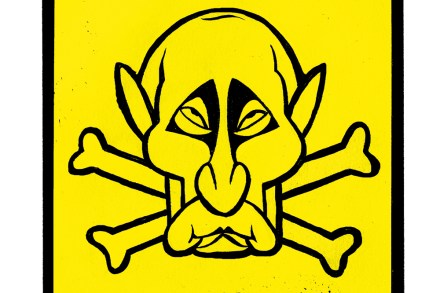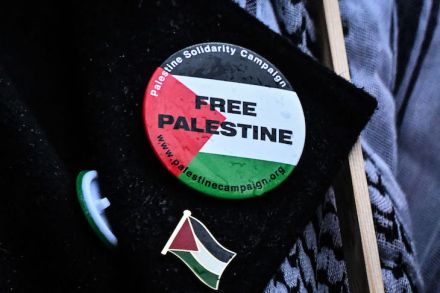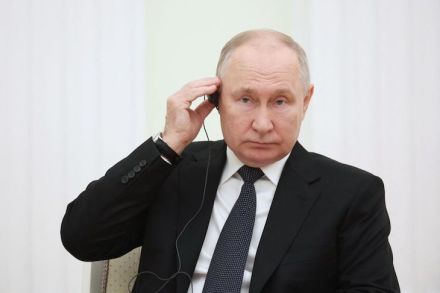Sanctions against Russia have backfired
Does a British government department have the right to punish individuals who have broken no laws on the basis of their political views? Are private companies allowed to discriminate against customers on the basis of their nationality alone? For the past two years, the answer to both these questions has been yes – if they have a connection to Russia. In the immediate aftermath of Vladimir Putin’s invasion of Ukraine in February last year, the then prime minister, Boris Johnson, called the war ‘a tragedy for Ukraine, and a tragedy for Russia’. Directly addressing the people of Russia (and speaking in surprisingly well-accented Russian), Johnson said: ‘I do not believe






















